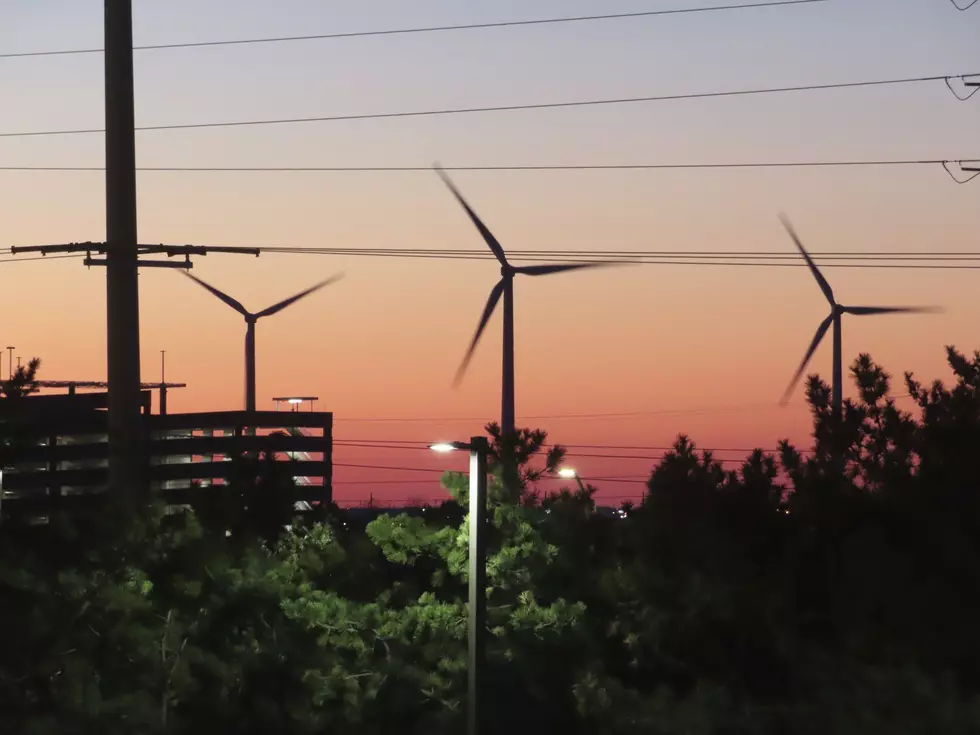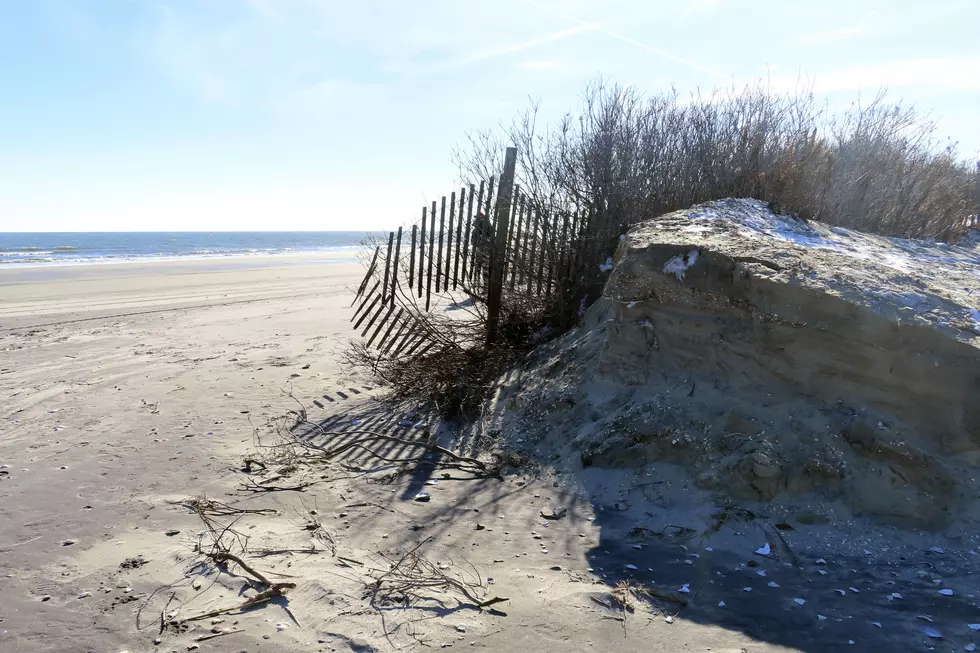
Why your allergies are STILL kicking up in NJ (and when they’ll finally stop)
Spring allergy season in New Jersey was supposed to start winding down a few weeks ago, but many Garden State residents who are usually only mildly allergic to tree pollen are still rubbing their eyes and blowing their noses.
And feeling like they haven't had much sleep for days.
“It’s been a very unusual onset of spring. We’re having several trees pollinate at the same time,” said allergy expert Leonard Bielory, a professor with the Center for Environmental Prediction at Rutgers University.
He said the unusual warm weather we had in February started the growing season early, but it was stopped in its tracks by an unusually cold snap last month.
Now, though, everything is blooming together.
“Trees went into a dormancy waiting for the right time to pollinate, and that right time literally has overlapped and pushed it beyond the end date,” Bielory said.
“Normally by the end of April, most elm and maple trees have finished pollinating, but they’re still percolating. Cedar, juniper, that also would normally be phased out by now are still pollinating, so they’re being pushed one on top of the other," he said.
Bielory said the average person is now more allergic to more different types of things than they were 25 years ago.
“So when you put tree A, B and C, such as birch on top of sycamore all at the same time, people are going to be feeling a little bit more over the edge than they would be at this time of year,” he said.
Bielory said all different kinds of grass and tree pollen wait to maximize reproduction until there’s warm enough temperatures, ample sunlight and enough nourishment from rain or snowfall — and that time is right now.
“We have many trees pollinating together, so people who may only have mild symptoms to cedar and have moderate symptoms to birch, if you have an overlap you’ll have more severe symptoms,” he said.
So how long will this allergy misery last?
“You will wind down in intensity over the next two weeks, meaning it’s still going to come on until we hit the first or second week in May, and then grass pollen will become the predominant,” he said.
Bielory stressed however grass pollen in New Jersey “hardly reaches 100 grains per cubic meter, whereas oak and birch tree pollen reach into the thousands.”
You can contact reporter David Matthau at David.Matthau@townsquaremedia.com.
More from New Jersey 101.5:
More From New Jersey 101.5 FM









